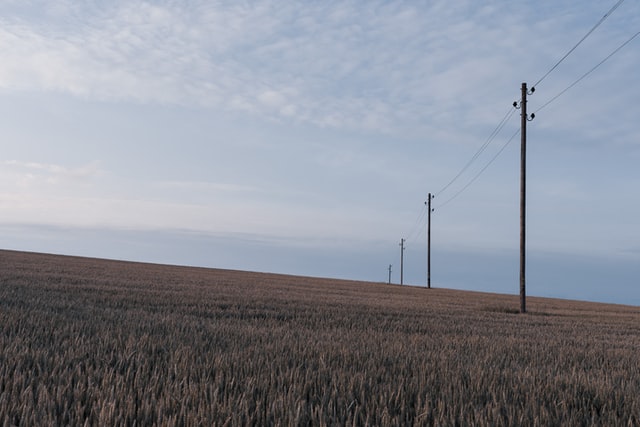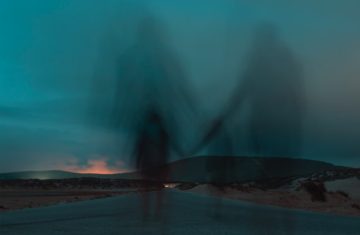The eighteenth lojong slogan says, “All dharma agrees at one point.” And that point, in one word, is compassion. Another way to say this is egolessness or no self. (Dharma here simply means teachings.)
I admit, for a few years, this concept of no self in Buddhism really tripped me up. I believe each person has a unique soul. It doesn’t feel right for me to say there’s no “there” there, when it comes to individual people. But that’s not actually what Buddhism teaches. Traleg Kyabgon says it as succinctly and clearly as anyone I’ve found: “All the Buddhist schools agree that the source of our ignorance comes from our conviction that there is a self-sufficient, discrete self and a substantial, immutable other.” Key words: self-sufficient and immutable other.
In other words, you either see the world as deeply interconnected, or you don’t. One of these is true, and one is absolutely false, and leads to suffering. Buddhism agrees with every other spiritual tradition that we are not out here as maverick individual souls, who can do whatever we want without consequence. We do not pull ourselves up by our own bootstraps. We can’t be self-made. Nobody is an island. All of this is delusion. As Kyabgon says, “The goal of all the Buddhist teachings is to overcome our state of ignorance.” And all this bluster about rugged individualism is the ignorance he means.
I live in Texas, which means I lived a real-time parable about this very thing last week when we experienced an historic winter storm. As it turns out, Texas legislators decided to separate our state from all other power grids in an attempt to “be self-sufficient” (and also avoid regulation). While this did, in fact, line the pockets of many in the last decade, it has now created a crisis more costly even than Hurricane Harvey. Because, as it happens, when you separate from the grid, you also isolate yourself from anyone being able to help you when it’s desperately needed.
Isolationism always shows itself to be folly, ignorance, and a thin, depleted way of living.
All dharma agrees at one point: we need each other. We affect each other, whether we like it or not. Interconnectedness IS the reality. Sometimes teachers use the term “dependent arising.” We arise in a vast collection of connections. We don’t sprout from the ground fully developed! Again, this is a profoundly spiritual concept. All faiths tell us we owe our lives to something beyond ourselves. That’s not a gotcha; it’s a gift. Or, at least, it’s meant to be.
What if we see our dependent arising as a beautiful call to community? To service? To deeper understanding? When we find ourselves shrinking back and defending our egos, what if we let ourselves drop back into this wide net of connection and find perspective there?
(If you’re of the Christian faith and want to explore this more, I talk about interconnectedness a lot in my book Original Blessing.)




